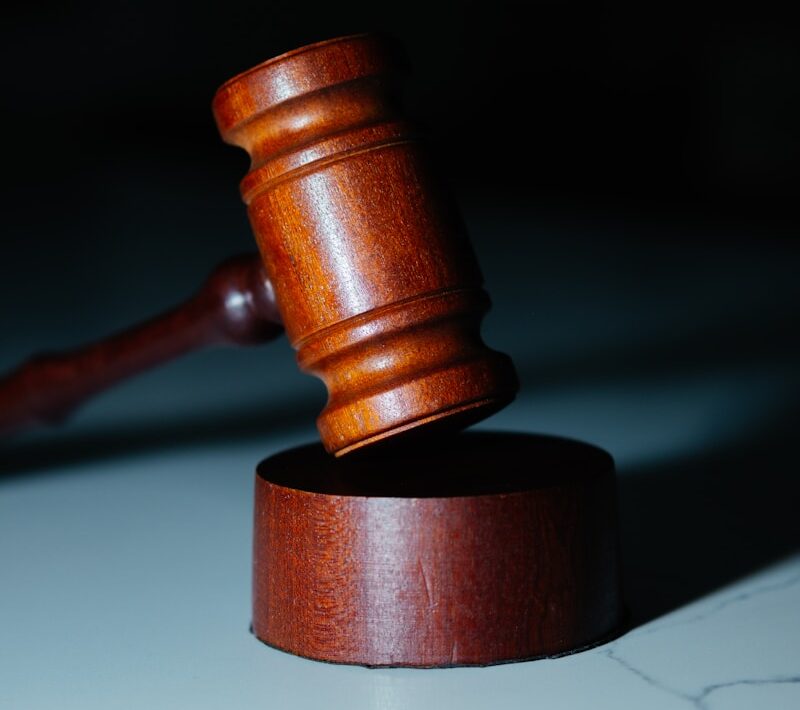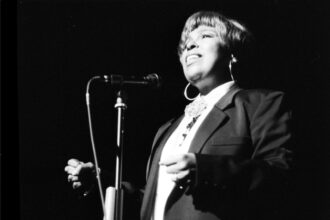Harvey Weinstein has described his experience at Rikers Island as a “hellhole.” Weinstein, who was convicted of sexual assault and rape, expressed his disdain for the facility during a recent interview. He cited poor conditions and inhumane treatment. Weinstein’s lawyers have lodged numerous complaints about his conditions.
They petitioned the court to relocate him and filed notices indicating plans to sue the city over his medical care. Weinstein has personally addressed the judge overseeing his case, using his notoriety to draw attention to the facility’s history of medical negligence. Last week, Weinstein’s lawyers filed an emergency petition to move him to a secured unit at Bellevue Hospital Center.
They cited his numerous health issues, including diabetes, spinal stenosis, and fluid on his heart and lungs. Imran H. Ansari, his attorney, argued that the “mistreatment and mismanagement” of Weinstein’s conditions has become life-threatening.
In response, a judge ordered that Weinstein be held at Bellevue Hospital until a hearing this Thursday. The hearing will determine if he remains there for the duration of his trial. New York City is not expected to meet its deadline to shut down Rikers Island.
This underscores ongoing issues with the troubled jail complex. Advocates for detainees argue that any attention to the conditions at Rikers, even from someone as controversial as Weinstein, can only help in their push to close it. Meanwhile, a jury of seven women and five men has been selected for Harvey Weinstein’s #MeToo rape retrial.
This jury features a more female-heavy panel than the five women and seven men who convicted the onetime Hollywood mogul at his first trial five years ago.
Weinstein’s experiences at Rikers Island
Opening statements are scheduled to begin Wednesday.
Prosecutors and defense lawyers still need time to finalize the selection of six alternate jurors. These alternates will step in if any member of the main jury is unable to complete the trial. The 12 members of the main jury include a diverse group of professionals.
They were drawn from Manhattan’s jury pool. After nine jurors were selected last week, three others and five alternates were chosen on Monday following a marathon fourth day of jury selection. During the selection process, jurors were questioned about their backgrounds, life experiences, and various other factors that could influence their impartiality in this highly publicized case.
Defense attorney Mike Cibella addressed the sensitive nature of the case directly with potential jurors. “You may hear sexual allegations here of a salacious nature — graphic, perhaps. Would hearing that indicate that Mr.
Weinstein must be guilty?” Cibella asked one prospective juror. The woman, who was ultimately chosen, answered no. The trial continues to draw intense media coverage, given Weinstein’s prominence in the film industry and the broader implications of the #MeToo movement.
The movement has spotlighted issues of sexual misconduct and accountability across various sectors. Harvey Weinstein was previously convicted on charges of rape and sexual assault during his first trial. This retrial marks another significant chapter in the legal proceedings against him.













